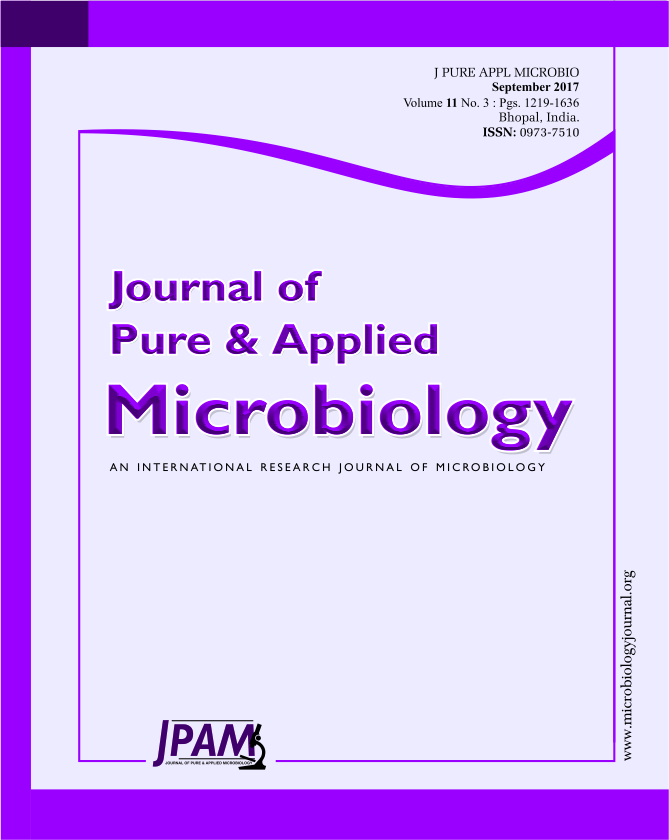Neonatal Bacteremia is the presence of live bacteria circulating in the blood of neonates. The bloodstream infections are important cause of neonatal mortality and morbidity. This study was done to know about the bacterial agents causing neonatal Bacteremia and their antibiotic sensitivity pattern. Blood cultures were done on clinically suspected bloodstream infections in neonates for a period of 18 months. 200 neonatal blood samples were cultured by conventional method. Bacterial isolates were identified and their antibiotic susceptibility testing were done. Out of 200 blood samples 88 samples (44%) showed positive blood culture. Blood culture was positive in 51 males (57.95%) and 37 females (42.1%). Among the positive blood culture samples, 66 bacterial isolates were Gram positive (75%) and 22 isolates were Gram negative (25%). Staphylococcus aureus (54.5%) was the most common bacteria isolated followed by coagulase negative Staphylococcus species(20.5%).Among the Gram negative organisms, E.coli was isolated in 13.6% of positive blood culture samples followed by Klebsiella pneumonia (9.1%) and Pseudomonas sp.(2.3%). Gram positive organisms were highly resistant to oxacillin (88.8-89.61%). They were sensitive to Linezolid (93.75-94.5%), Teicoplanin (83.4-87.5%), Vancomycin(81.25-83.33%) and Amikacin(81.25-83.4%). Gram negative organisms were mostly resistant to third generation cephalosporins and gentamycin. They were mostly sensitive to amikacin and piperacillin. Prompt treatment of positive blood culture neonates with appropriate antibiotics can prevent the complications and can reduce the mortality.
Bacteremia, coagulase negative Staphylococcus, blood culture, Antibiotic susceptibility testing, multidrug resistance.
© The Author(s) 2017. Open Access. This article is distributed under the terms of the Creative Commons Attribution 4.0 International License which permits unrestricted use, sharing, distribution, and reproduction in any medium, provided you give appropriate credit to the original author(s) and the source, provide a link to the Creative Commons license, and indicate if changes were made.


